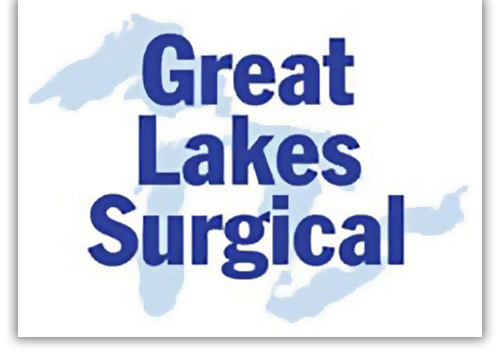Colonoscopy
A colonoscopy allows us to see the entire colon. This is a popular way to screen for colon cancer, colon polyps, and other digestive disorders. We recommend that you receive a colonoscopy every 10 years, as long as your results come back normal.
Colonoscopy Recommendations
A colonoscopy is recommended for the following:
- Individuals with a family history of colon cancer
- Individuals with a family history of colon polyps
- Anyone over the age of 40
- Individuals with a family history of inflammatory bowel disease or Crohn’s Disease
Symptoms to Watch For
The following symptoms indicate that you may need a colonoscopy procedure
- Abdominal pain
- Rectal bleeding
- Unexplained weight loss
- Unexplained change in bowel habits
- Chronic or recurrent diarrhea or constipation
Before the Procedure
To prepare for your colonoscopy, we provide specific preparation instructions.
To get a clear and unobstructed view of the colon, it is important to cleanse the area. There are minor variations in the procedure, but many involve a laxative and clear liquid diet leading into the procedure.
It also is important that you provide us with a detailed list of all medications that you regularly take, including aspirin.
Finally, please follow all instructions given by your doctor the day before your procedure. Find more general pre-operative information in our New Patient Forms.
During the Procedure
On the day of your procedure, our staff will administer a medication to help you relax. You will then lay on your left side while we insert the colonoscope into the anus and move slowly through the rectum and into the colon.
At this point, we will inflate the large intestine so that we can clearly see the lining of the colon. Throughout the procedure, we will be looking for polyps, growths, tears, inflammation, bleeding and other signs of anything abnormal or irregular.
If we do find any of the listed items, we will take samples and remove any growths. We will then send the tissue to the lab for testing to determine the problem.
After the Procedure
Following the procedure, you will be moved to the recovery room where you will recover from the sedation under the watchful eye of one of our nurses. It is very common to feel cramping and bloating up to an hour after the procedure is complete.
If you experience any of the following symptoms after your procedure, please call us immediately:
- Severe abdominal pain
- Fever
- Bloody bowel movements
- Dizziness
- Weakness
Better Health Care is Our Mission
Same Day Appointments are Available.
Phone:
716-434-6141
Fax:
716-434-0594
Email:
GreatLakesSurgery@Yahoo.com
Lockport Address:
160 East Ave.
Lockport, NY 14094
Kenmore Address:
2914 Elmwood Ave.
Kenmore, NY 14217
Appointments in Kenmore Office available by request

